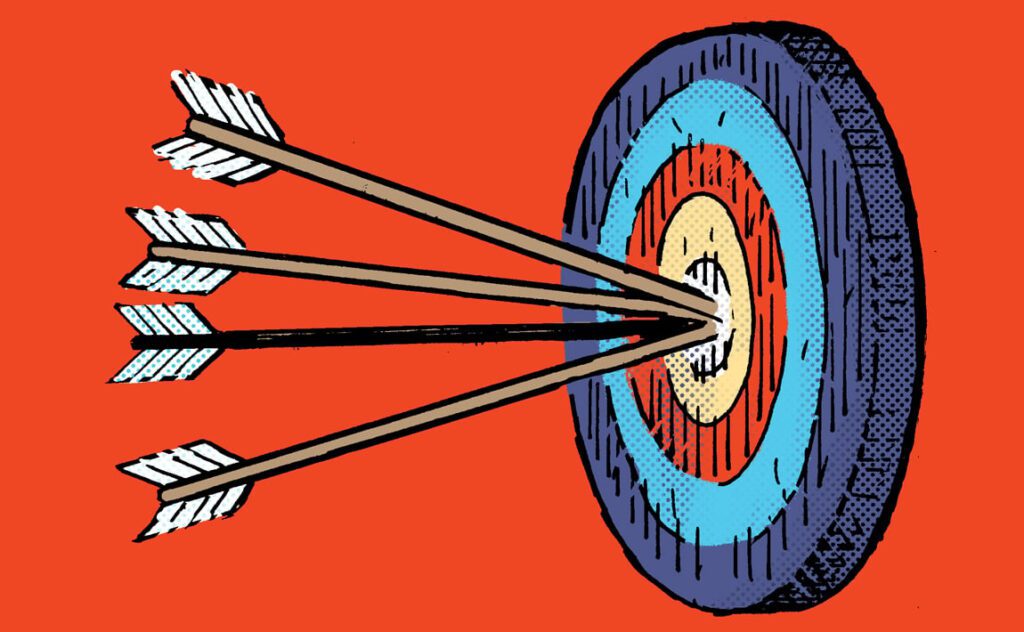The failure of the big cpa networks can absolutely be summarized as a financial fiasco. It can also be summarized as an unfortunate, but natural consequence of an industry that became too reliant on high risk, subscription based campaigns. It is also a lesson in client / segment concentration. Almost every company who ran these nutraceutical campaigns felt the sting, but not everyone who ran them went out of business. A slightly less obvious but hopefully equally viable explanation for the failure within the cpa space has to do with the people in the space. More appropriately, it has to do with the people not in the space.
In late 2009, Facebook’s third-party developer platform had several years under its belt and Apple’s App store was turning one year old. Both were crushing it. The cpa network space was also crushing it as that was the height of the flog. Since then, the developer community and the cpa communities have had vastly divergent outcomes. The developer community has spawned countless businesses, immense exits, and a slew of lifestyle businesses. Were these kids looking for ways to make money online in 2007 or earlier, they would have most likely ended up arbitragers. Not today. Why?
No Risk But Not Cheap Money
Incubators / Accelerators have been around for many years, but today, they are truly mainstream. If you have a product idea, a prototype, even a business making money, but feel as though you don’t have the experience or connections to go to the next level, today you enter an accelerator. Think of them as super quick grad school programs. Instead of paying for the education, they pay you a modest sum, usually $25,000. In exchange, they receive 6% of your company. Depending on the program, you will spend the next three months either working out of their space with those in your “batch,” or you will be expected to find your own space but have weekly meetings with the on-staff partners. Like graduate school, there is a benefit to what they teach, but almost without fail the reason why people enter and what they say after as the biggest benefit are the relationships. The program comes with access to a mentor network, a demo day that attracts potential funders, along with an ever growing list of graduates – an alumni network on steroids.
The money may not be a lot, but it lessens the risks immensely, and for the team of two scrappy developers, it means scraping by on rent, getting hardware, and feeling as though they will be able to launch and scale in a manner they could not have before. These accelerators are so popular, it’s reaching a point where many founders wouldn’t consider not doing it.
What Type of Performance Marketer Are You?
There has always been a split among the performance marketing community.
1) Affiliate Marketers – the typical “affiliate” is small and the butt of many jokes, but as they scale, they are defined by people who focus on their own business first, using affiliate links to monetize. There is an enormous category around acceptable incentivization – rebate sites that include some monsters. The space is also categorized by per sale programs across almost every SKU instead of lead or subscription programs.
2) Arbitragers – these were often the hackers, the coders, the product guys. Those with technical skills to build but whose love of immediacy and direct response drove them into buying media as the way to make money. CPA networks were their go to, featuring offers and payouts that aligned with those who took risk to obtain their traffic. It’s a skill. It’s highly entrepreneurial to do correct. It’s also the area that has had the biggest drain in talent.
3) Get Rich Quick – those in this category really just want to make money online. These are the victims of the infomarketers who promise to share the tips and tricks that made them money. These programs and the joint ventures they spawn can make the infomarketers big money. Just look at Clickbank which has long specialized in digital sales and been the hub for hundreds of millions of dollars in sales. Painting a potentially unfair broad stroke, but the consumers of these products don’t really have the ability to truly be either an affiliate or an arbitrager. They don’t have what it takes to build. They don’t have access to technical co-founders, aren’t members of General Assembly, and aren’t strong enough consumers of the platforms to build for the platforms. So they sell to each other and the next sucker.
Teach Yourself to Code
It’s advice we’ve heard and given (although not followed). Learn how to code. Most in the performance marketing community know some html, but we’ve hit a point where some incredibly powerful technologies exist that require not insane technical abilities that allow you to create some powerful applications. These are the skills – Ruby on Rails – that every businessperson should know, especially if they have any aspirations of building a product, i.e., something that isn’t a pure landing page but does something. They are skills we should understand, because it is these technologies which have created the alternate universe of opportunities for would have been marketers.
Somewhere out there, there is a chance for those within performance marketing to create closer ties with the could have been affiliates and arbitragers, the developers. But rather than trying to put a square peg in a round hole, it means getting out in the communities and listening to what they need. All need customer acquisition help. All want to build a better funnel. The chance is to work with them on their business and not fall into the make quick money which has brought so many down. It’s a long path, as we are the outsiders, but unless we do a better job of marketing us, we will face a tough road ahead in growing the overall performance pie.
 Network
Network

